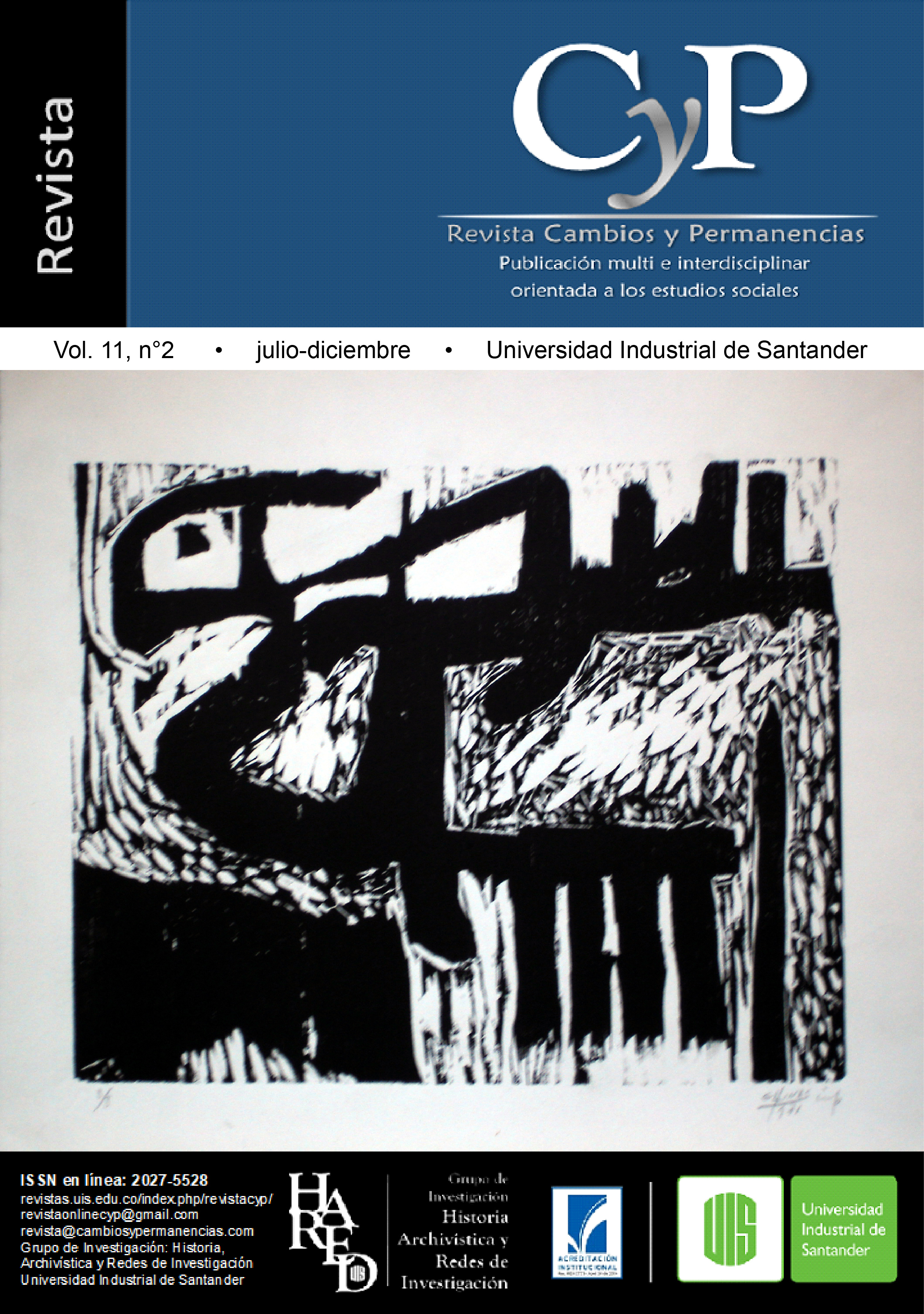Student subjectivity: perceptions of the COVID-19 pandemic and challenges of implementing virtual methodology
Published 2020-12-15
Keywords
- subjectivity,
- perceptions,
- experience,
- traditional education,
- virtual education
- COVID-19 ...More
How to Cite
Abstract
The mandatory suspension of face-to-face classes caused by COVID-19 has led to the education provided by the school outside of it. Given that students and teachers cannot meet in the same physical space, different educational methodologies are used, such as virtual, to bring classes home. This school phenomenon generates important methodological changes in the educational field, an example of this are the institutions that must resort to virtual education as a solution to the contingency. However, the implementation of these changes has been a sudden and urgent need, limiting the possibility of adequate planning and organization. Being a little thought-out action, it can generate important consequences or repercussions in the educational processes developed up to this moment. On the other hand, it is possible that these forced changes also generate learning and new reflections that allow expanding the traditional vision that has been maintained until today in the educational field. From the point of view, experiences and perceptions of the students, this article aims to identify the consequences (whether they are weaknesses or strengths) of the methodological change to implement virtual education; that can contribute to reflective and purposeful processes that allow thinking about learning from virtual experience and home school.
Downloads
References
Blanco, M. (2009). La percepción del contexto escolar. Una imagen construida a partir de las experiencias de los alumnos. Cuestiones pedagógicas, (19), 285-300.
Entrevistas a estudiantes (2020). Relatos de estudiantes participantes. [Archivo personal Motta, L. D. 2020].
Gómez, N. (2020). Género y corporalidad como productores de subjetividad en la práctica del futbol. Cambios y Permanencias, 11(1), 517-532.
Moreira, C., y Delgadillo, B. (2014). La virtualidad en los procesos educativos: reflexiones teóricas sobre su implementación. Tecnología.
Narodoski, M. (1999). Después de clase. Desencantos y desafíos de la escuela actual. Buenos Aires, Argentina: Novedades educativas.
Nieto, R. (2012). Educación virtual o virtualidad de la educación. Revista historia de la educación latinoamericana, 14(19), 137-150.
Observaciones a estudiantes (2020). Relatos de estudiantes participantes. [Archivo personal Motta, L. D. 2020].
Restrepo, E. (2016). Etnografía: alcances, técnicas y éticas. Bogotá, Colombia: Pontificia Universidad Javeriana.
Rogero-García, J. (2020). La ficción de educar a distancia. Revista de Sociología de la Educación-RASE, 13 (2), 174-182. doi: 10.7203/RASE.13.2.17126.
Sangrà, A. (2001). Enseñar y aprender en la virtualidad. Educar, (28), 117-131.
Sangrà, A. (2002). Educación a distancia, educación presencial y usos de la tecnología: una tríada para el progreso educativo. Edutec. Revista electrónica de tecnología educativa, 15.

